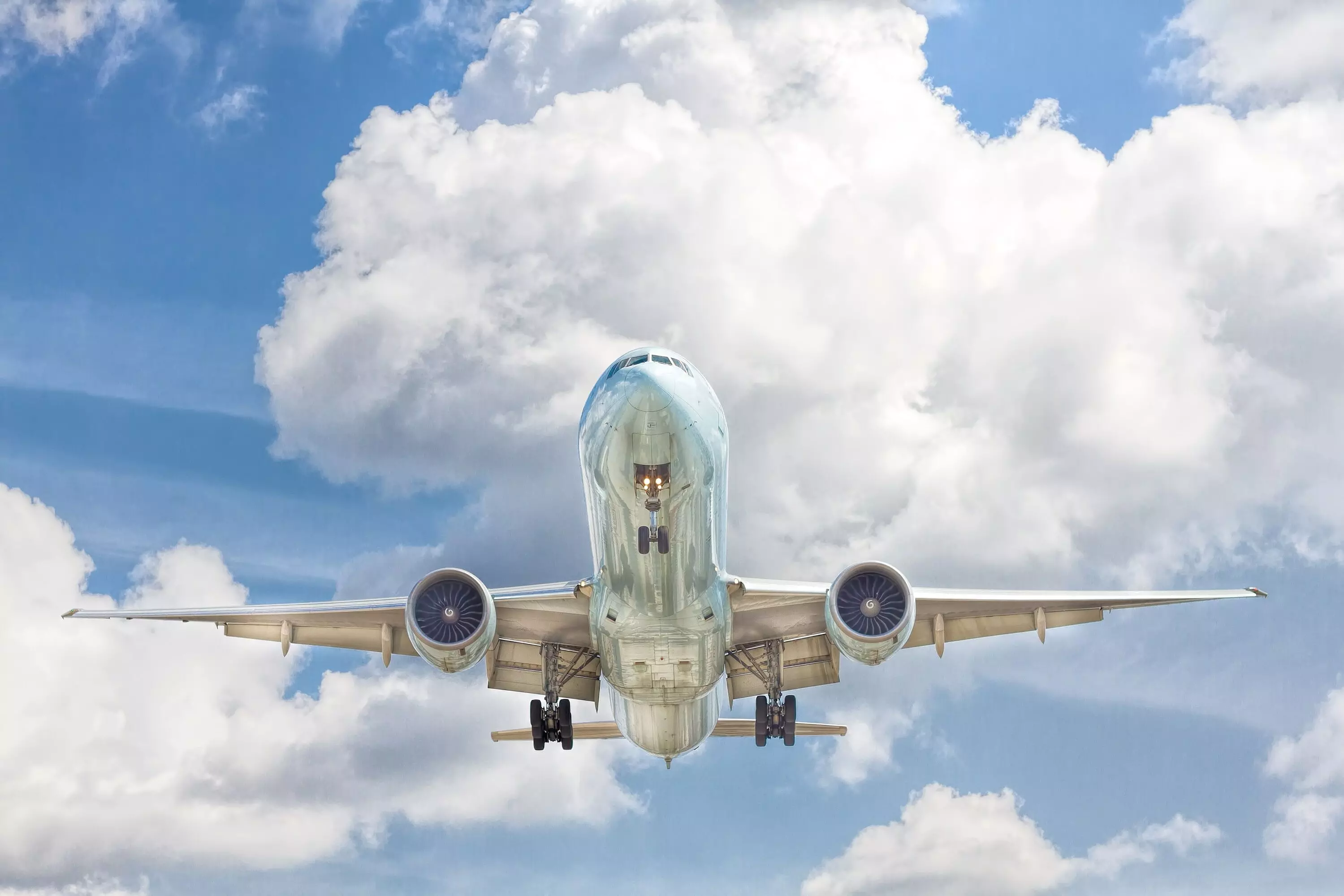Declining decorum

In the past couple of years, the aviation industry has registered a disturbing surge in unruly passenger behaviour, posing significant challenges for airlines, regulators, governments, and travellers. The shocking episode aboard an Air India flight from Mumbai to Delhi last week, where a passenger allegedly engaged in abhorrent behaviours such as urinating, spitting, and defecating inside the cabin, serves as a stark reminder of the urgent need to address this issue. This incident, unfortunately, is not an isolated one, as similar cases have occurred with alarming frequency in recent times. According to the International Air Transport Association (IATA), the number of unruly passenger incidents has seen a worrying increase. In 2022, there was one unruly passenger incident reported for every 568 flights, against the previous year's rate of one per 835 flights. Furthermore, physical abuse incidents have risen by a staggering 61 per cent, with consumption of personal alcohol onboard being one of the most common offenses. As incidents of unruly passenger behaviour continue significantly, the speculation that Covid-19 mask mandate was a major reason behind the surge has been proved to be futile. With it, the hopes that the abhorrence will fade away with the heralding of the post-Covid normalcy have also been thrown off-track. As air travel consistently opens up to larger, untapped markets, fresh challenges emerge. Rather than dealing with the issue casually or narrowly, the concerned authorities should study the emerging trends in a broad-based manner, and find appropriate solutions. The problem, however, is not confined to the Indian aviation sector alone. In the United States, reportedly, over 2,300 unruly passenger incidents were registered with the Federal Aviation Administration (FAA) in 2022, leading to staggering 823 investigations. The year 2022, in fact, witnessed the second-highest number of such incidents in the US, illustrating the gravity of the issue on a global scale. The situation is no better in several other countries, where the nature of misdemeanour ranges from not tying the seatbelt to violent scuffles. Thankfully, from airlines to international aviation agencies and regulators, different stakeholders have taken serious note of the unabating problem. To address this escalating crisis, the International Air Transport Association (IATA) has called for countries to take action and prosecute unruly passengers under the Montreal Protocol of 2014. The Montreal Protocol is an international agreement designed to enhance aviation safety and deter unacceptable behaviours onboard aircraft. It allows the prosecution of errant travellers in any particular country, irrespective of their nationality. It offers nations a chance to send a strong message that unruly behaviours will not be tolerated on flights. However, prosecuting unruly passengers is just one aspect of the solution. It is imperative to identify and rectify the root causes behind such disruptive behaviours. A significant contributing factor to these incidents has been the misuse of alcohol on flights. Airlines must play an active role in implementing stricter regulations regarding the consumption of alcohol during flights. This could involve limiting the amount of alcohol served, conducting pre-flight alcohol tests, and providing proper training to cabin crew members to recognise signs of intoxication and handle such situations effectively. Furthermore, the responsibility to ensure a safe and peaceful travel experience falls not only on airlines but also on other stakeholders, including airports, regulatory authorities, and law enforcement agencies. Collaborative efforts are required to develop comprehensive strategies that encompass stricter security measures, enhanced surveillance, and timely intervention in cases of disruptive incidents. Additionally, awareness campaigns targeted at passengers can help educate them about the consequences of unruly behaviour, and foster a culture of respect and civility during air travel. Crew members should also receive due training. Furthermore, the deployment of a well-administered no-fly list could go a long way in deterring unruly passengers. Countries, including India, should deliberate upon such potential interventions. In India, as the government is dedicated to facilitating air travel for all classes of people, the aviation industry may be undergoing a disruptive phase. There is a need for collaborative effort to ensure that the process of providing wings to passengers is not hampered by obstacles. A balanced approach is required for sustainable growth of India’s aviation industry.



